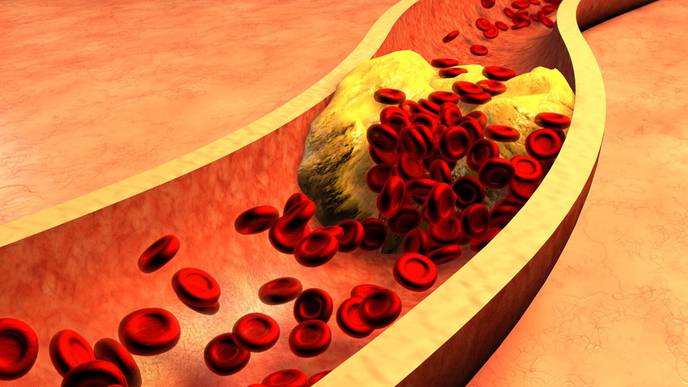ReachMD
Be part of the knowledge.™The Future of Heart Health: UNM Researcher Develops Vaccine to Lower Cholesterol

“The vaccine is based on a non-infectious virus particle,” he explained. “It is just the shell of a virus, and it turns out that we can use that shell of a virus to develop vaccines against all sorts of different things.”
In this case, Chackerian said he stuck tiny pieces of the PCSK9 protein to the surface of these virus particles.
“So, your immune system makes a really strong antibody response against this protein that's involved in controlling cholesterol levels,” he said. “In the animals that we vaccinated, we see strong reductions in cholesterol levels – up to 30% – and that is going to be correlated with reduced risk of heart disease.”
Over the past 10 years, the vaccine has been tested on mice and monkeys with promising results. Chackerian said the next step is to find funding to move into vaccine manufacturing and clinical trials with humans. That process can take years and several million dollars, but it is worth it to develop a vaccine that is pure, safe and affordable.
“Given the fact that so many people have high cholesterol levels, it has been estimated that if everybody went on one of these PCSK9 inhibitor therapies, it would bankrupt the health care system,” Chackerian said.
He estimates his vaccine could be cheaper than $100 per dose because it is made with a simple and relatively inexpensive bacteria.
“We're thinking tens of dollars a dose,” he said, and each dose would remain effective for close to a year. “This is a vaccine that we think can have a global impact. So, not just in the United States, but around the world where heart disease is a significant problem.”
Chackerian said his team continues to work hard on making that impact.
“We hope to have a vaccine in people in the next 10 years,” he said.
Recommended
Assessing the Asthma Management Guideline Updates
The Drug ReportAssessing the Asthma Management Guideline Updates



Facebook Comments